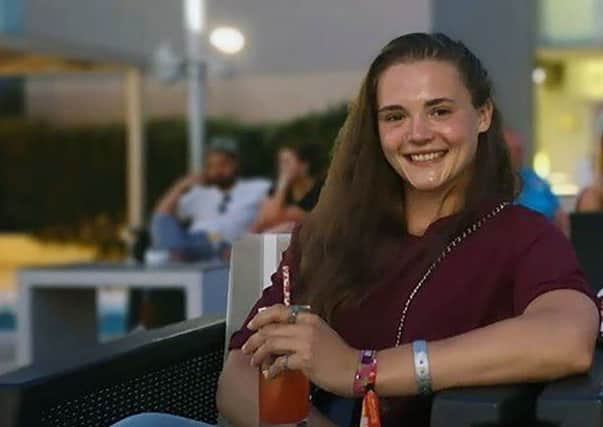Why Boris Johnson’s mass prison-building plan is a multi-billion-pound mistake – Professor Harry Burns


According to one newspaper, Boris Johnson’s response to the dreadful stabbings in London last Friday was a vow to lock up terrorists and throw away the key. The families of both victims have spoken about how dedicated Jack Merritt and Saskia Jones were to the idea of rehabilitating offenders and helping them live better lives. They had good reason to believe that rehabilitation was both feasible and desirable.
Twenty-two years ago, the Adverse Childhood Experiences (ACEs) project in the US began to study the impact on children of different forms of neglect and abuse. They have shown how such experiences affect children’s lives in adulthood. Children exposed to fouor or more ACEs such as domestic violence, significant parental mental illness, neglect or sexual abuse are significantly more likely to become alcoholics and drug abusers.
Advertisement
Hide AdAdvertisement
Hide AdA similar study carried out in Wales showed that adults reporting significant trauma in childhood were 15 times more likely to have been a perpetrator of violence in the previous 12 months and 20 times more likely to have been to jail during their lives than adults without exposure to neglect or abuse. It seems that the circumstances into which children are born and raised determines to a large degree the decisions they make in later life and the outcomes they experience.
Toxic childhood stress
There is a biological basis for this effect. The toxic stress a child experiences as a result of adverse experiences influences the way the brain develops. The area of the brain involved in emotion becomes more active and these young people become more emotionally labile. They are more anxious and aggressive.
The prefrontal cortex, the part of the brain associated with decision-making is less well developed and, as a result, they are less able to make good decisions when stressed. They are significantly more likely to get into trouble at school, fail to find work, become substance abusers and go to jail.
However, the science also tells us that, if we change the social environment for these individuals their brains can recover. Professor Bruce McEwen, of Rockefeller University in New York, has studied the effects on the brain of toxic stress in childhood. He has now shown that, even into middle age, changing the social environment for individuals can transform their brain function, allowing them to manage their emotions and be more in control of their lives.
If you change the circumstances in which they live, particularly by providing them with a supportive social network, Bruce McEwen has shown you can transform their ability to live a normal life.
Jack and Saskia were heroically pursuing an ideal which was soundly based on science. Yet, in August, Boris Johnson promised to create 10,000 extra prison places, apparently at a cost of £2.5 billion. Keeping an extra 10,000 people in jail will, at today’s prices cost around £350 million every year. The shareholders of G4S, Serco and Sodexo must be rubbing their hands at the prospects.
This Christmas, at least 135,000 children will be homeless and living in temporary accommodation across Britain – the highest number for 12 years – according to Shelter. Many families will also go hungry with less that £5 to spend on food. How much would it cost to support these families?
Rather than spending billions on prisons, would it not be more sensible to support families to live decent lives and give their children a chance to grow up in safe homes, well fed and cared for and supported to do well at school. They would get jobs and pay taxes! We might even need fewer jails...
Professor Sir Harry Burns is director of global public health at Strathclyde University
